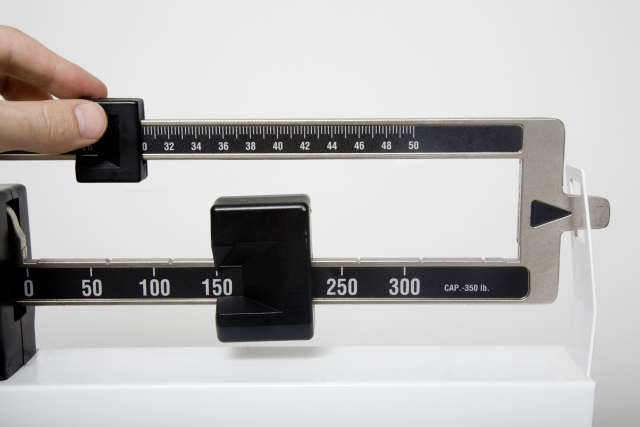Dear Doctors: I am 74 years old and have Type 2 diabetes. I was prescribed Ozempic, and it helped lower my A1C. I also lost 22 pounds, which I'm happy about. I have heard you can also lose muscle on Ozempic, so I'm concerned. What can I do to avoid that?
Dear Reader: When you have Type 2 diabetes, the cells of the body have become resistant to insulin. That's a danger to health because insulin is pivotal to moving glucose from the bloodstream and into the cells for use as energy. When insulin metabolism is impaired, blood sugar levels increase. And, as we have discussed here before, chronic high blood sugar can damage the nerves, eyes, blood vessels and kidneys.
Ozempic is one of several medications known as a GLP-1 agonist. They help lower blood sugar by increasing levels of hormones called incretins, which signal the pancreas to produce more insulin. Incretins also play a role in the complex process of signaling a feeling of fullness to the brain. That signaling, along with balanced blood sugar levels and a reduction in blood sugar spikes, eases hunger. This all leads people using GLP-1 agonists to eat less, and, as an often-welcome side effect of the drug, to lose weight.
In one clinical trial, which lasted 17 months, 86% of participants lost at least 5%, and 70% lost 10% or more of their total body weight. It's no secret that this effect has led to the widespread use of Ozempic as an aid in weight loss. In fact, the demand has been so high, it has created a shortage of the drug for people living with Type 2 diabetes.
But as data in the weight loss arena accrues, another challenge has been revealed. People dropping pounds on Ozempic are losing not only fat, but also muscle mass. This is a condition known as sarcopenia. As muscle mass diminishes, so do strength, stamina and resting metabolic rate. To be clear, sarcopenia is a risk in any rapid weight loss, and it is not unique to semaglutides.
To combat this, drug manufacturers are racing to develop medications to address the problem. Some are planning clinical trials of drugs that will boost muscle metabolism and metabolic function. Others are exploring medications that would block the signaling pathways that lead to muscle loss. In the meantime, people at risk of sarcopenia due to rapid weight loss are advised to tackle the problem on two fronts: diet and exercise. This includes eating enough calories to maintain good health and making sure to include adequate protein in the diet. When it comes to exercise, weight-bearing exercises that build muscle are important.
Both diet and exercise are of particular importance for older adults who, due to changes associated with aging, are at increased risk of losing muscle mass. We believe it is wise to check in with your health care provider on this issue. Working with a trainer at your gym and a registered dietitian can also be helpful.
(Send your questions to askthedoctors@mednet.ucla.edu, or write: Ask the Doctors, c/o UCLA Health Sciences Media Relations, 10960 Wilshire Blvd., Suite 1955, Los Angeles, CA, 90024. Owing to the volume of mail, personal replies cannot be provided.)





